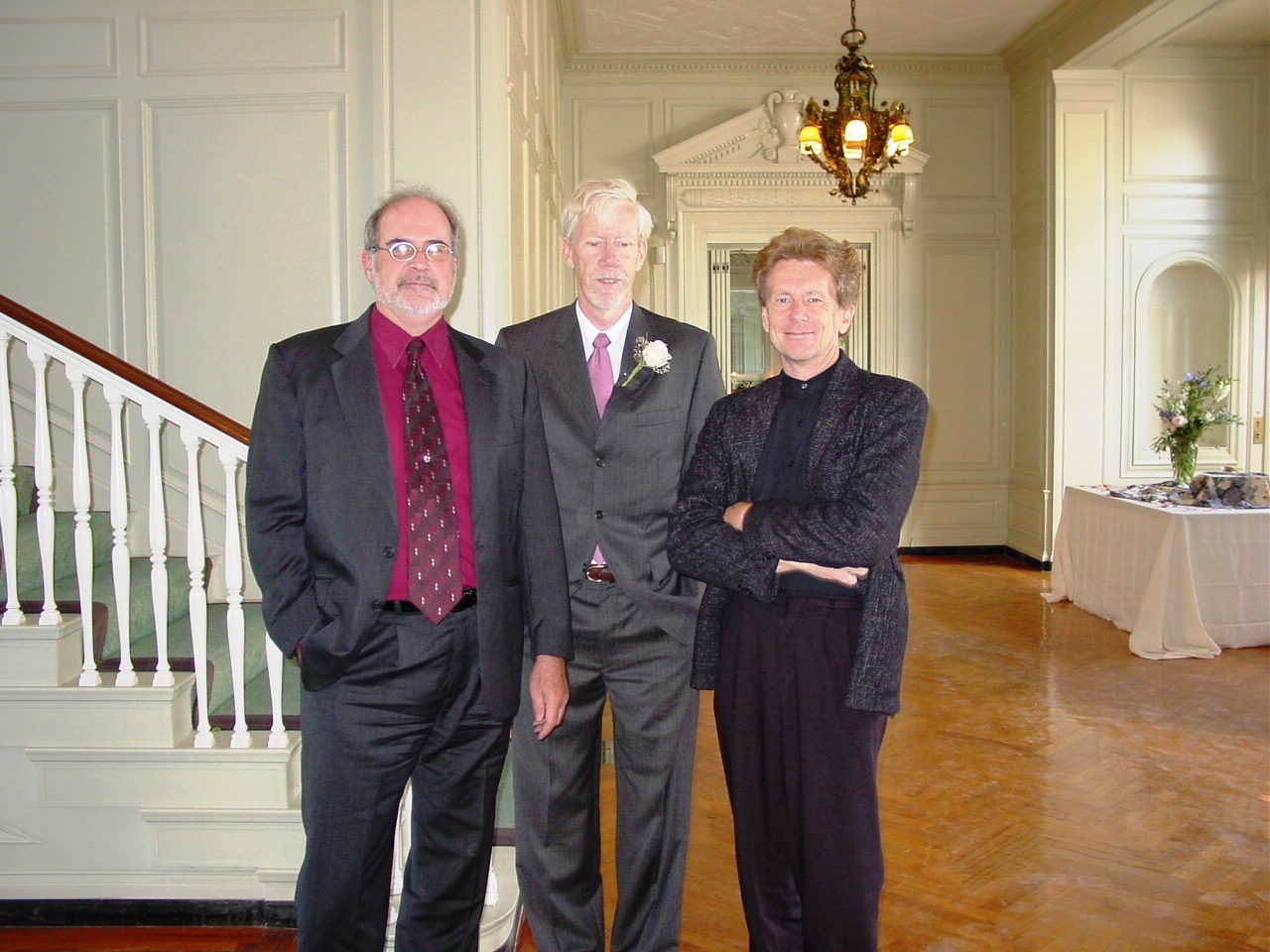Welcome to the Wakefield Doctrine (the theory of clarks, scotts and rogers)
Looks like Summer is showing signs of breaking out in terminal autumn. Nothing un-ignorable as of yet… the beginnings of fade, individual leafs and such at this point. However, the overall effect is to leave one vulnerable to a did-I-really-see-that glance, maybe shifting your eyes as you drive, trying to locate an odd sound and when you return to the road ahead, it seems a bit more distant than you recall.
But enough of this ‘psychoanalyzin’ and dramatizin” as a certain woman from my way-distant past used to admonish we students.
This is still the Wakefield Doctrine blog. And it’s primary purpose has not changed. The reason for the blog is to make the incredibly useful perspectives it offers available to the largest number of people possible. To this end, is a more personal and specific goal (or, as I mistyped, gaol, which makes for a satisfyingly obtuse wordplay*).
The challenge I long since accepted is this: write a post that allowed the Reader to understand and apply the principles of the Wakefield Doctrine after reading it once. Whether or not, especially, if not, they’d encountered this blog prior to reading the post. This would be ‘the perfect Wakefield Doctrine post’. Still working on it.
(what? now?!?! it’s like, ‘five to’ you-gots-to-get-to-the-real-world!!)
(damn, that old saying is still true***)
The Wakefield Doctrine is a perspective of the world around us and the people who make it up. Based on the notion that all of us are born with the capacity to experience life in one of three characteristic ways: as would an Outsider(clarks), as a Predator(scotts) or the Herd Member(rogers). Each of these three inform the personal reality of the individual and, at an early age, we all settle into one, (and only one), of them. While we never lose the capacity to live in the world of ‘the other two’, the context in which we develop our style of interacting with the objective world, (aka personality), is reflected in which of the three worldviews of the Doctrine we exhibit.
When we learn the qualities of the three predominant worldviews, we’re in a position to know more about the other person than they know about themselves. The reason for this: by knowing the nature of the three realities, we can know how the other person is relating themselves to the world around them. (Not, ‘how the other person is relating to the world around them, but how they are relating themselves. Critical difference.)
By observing the relationship of, (the other person), to their world, we are then able to know most of their personal qualities, predilections, foibles and ….and favorite colors! (no, not this last****) And, of course, the more we know about the other person, the more we can predict how they act and interact. And, of further course, the process of learning more and more about another person requires us to identify with them. If we have the faith/self-confidence/desperation to put ourselves at risk by identifying with another person, our self-understanding can only grow.
Lastly, by attempting and failing to write the perfect Wakefield Doctrine post, we cannot help but to self-improve ourselfs. Seeing how, having all three qualities within, by identifying with clarks, scotts and rogers, we must come to accept the good and the bad of the totality of ourselves. Not easy. Always beneficial.
Hope you enjoyed this post.
Don’t forget to share it and send it out to wherever you can, who knows who might read it and, rushing to their phone/computer/fax machine, sending the message, “By George I think I’ve got it!”
* jar, jar** as Friend-of-the-Doctrine, Clairepeek used to say/type
** her native language was Norwayian…. or..to play it safe, Scandinavish… (sorry, Claire… let us make it up to you in our music vid.
*** ‘When the Master is still in the bathroom, the Student walks to the front of the class and shares what they know‘
**** just a little personality survey joke







